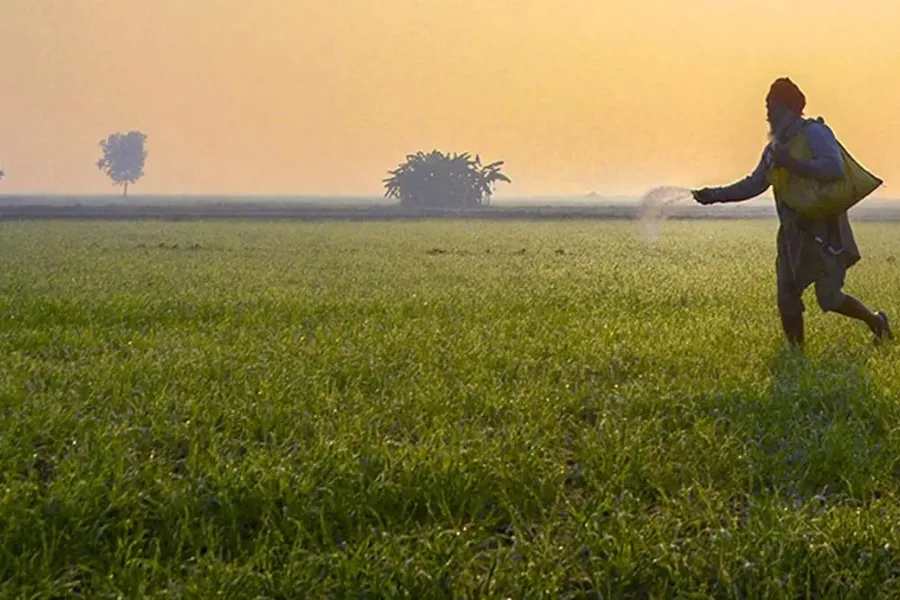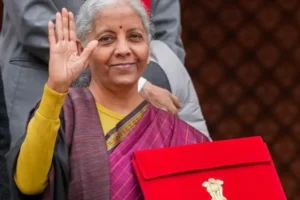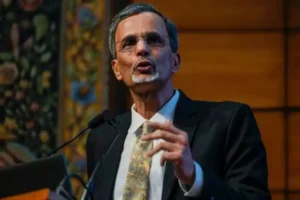
In a historic development that will radically alter India’s agricultural future, the Union Cabinet, on 16 July, 2025 approved by the Union Government the PM Dhan Dhaan Krishi Yojana (PMDDKY). It is a nationwide farming program that reduces 36 current programs into one single program. The program seeks to promote sustainable agriculture, raise productivity, and stimulate rural jobs with ₹24,000 crore being spent annually for six years.
This change is significant because it demonstrates the government`s renewed focus on agricultural reform. Agricultural reform was recently given precedence over important articles in the news coming out of the Centre.
An Integrated Approach to Farmers Development
Union Minister Ashwini Vaishnaw spoke with reporters after the Cabinet meeting about the integrated component of the scheme. PMDDKY integrates the activities of 11 Ministries in a single program. It provided for integrated planning and implementation. The program is intended to reach 1.7 crore farmers. Also, it attempts to resolve core challenges in agriculture with a coordinated, integrated approach.
Core elements of PMDDKY will include:
- Improved post-harvest infrastructure at the panchayat and block level.
- Improved irrigation infrastructure.
- Short-term credit and long-term credit access.
- Encouraging organic and natural farming.
- Promoting crop diversification and soil health preservation.
Agricultural Districts with Bad Performance
Focussed on the Centre’s “Aspirational District Programme”, PMDDKY aims to improve 100 districts identified as areas of weak crop productivity and cropping intensity. Also, it is along with weak distribution of credit. These districts will be selected relative to each state’s share of both the nation’s net cropped area and operational holdings, as readily as possible. Ensuring at least one is selected from each state and Union Territory.
Each district will develop a tailored Agriculture and Allied Activities Plan. This will be developed by a “Dhan Dhaanya Samiti” – a group of model farmers. These plans will align with national agriculture goals such as food self-sufficiency and sustainability.
Monthly Assessment and Multi-Tier Supervisory Structure
To provide accountability and ongoing improvement, we will have:
- Committees at District, State, and National levels to plan and provide oversight.
- Monthly assessments to monitor progress.
- Measures of the productivity, diversification, and efficiency of resources used
The Government expects these structured frameworks will lead to increased production. So, this provides for further value addition, and help to promote local enterprise in the province of agriculture and allied activities.
Expert Insights: A Pathway to Resilience
Abhishek Jain, Director and Fellow at the Council on Energy, Environment and Water (CEEW), expressed praise for the initiative. He also called it an important change for resilient agriculture in underperforming districts in India. He expressed that in the face of climatic uncertainty and changing rural economies, the initiative’s focus on egregion related industries, value added, use efficiency of water, and soil health was critical.
However, Jain cautioned about potential problems with the district selection criteria. He warned about using low credit distribution as a measure. This suggested that we should have a decrease in farmers’ dependence on credit as their income increases through diversifying and sustainable methods. “Then maybe net agriculture income/ha would be much more meaningful measure.”
Does It Have A Future?
With an allocation budget of ₹1.44 lakh crores over the next six years, and support from both the public and private sectors. The PM Dhan-Dhaanya Krishi Yojana (DDKY) has the potential to change the rural economy of India. Therefore, the program hopes to address historical issues regarding the efficiency of the agri-ecosystem by bundling a range of dispersed schemes for solutions. It is through clear targets focused on sustainability, productivity and profitability/diversification.
When the initiative begins in 2025 – 26 the key will be how well the selected districts manage to adopt and implement. If the initiative goes as planned, PMDDKY could truly transform rural economies and establish a new paradigm for integrated agriculture development.
So, for those who are following ongoing recent news updates in India around the economy and rural development areas. The beginning of PMDDKY indicates a critical shift towards a more smart, sustainable, and inclusive farming model.






fg7ort